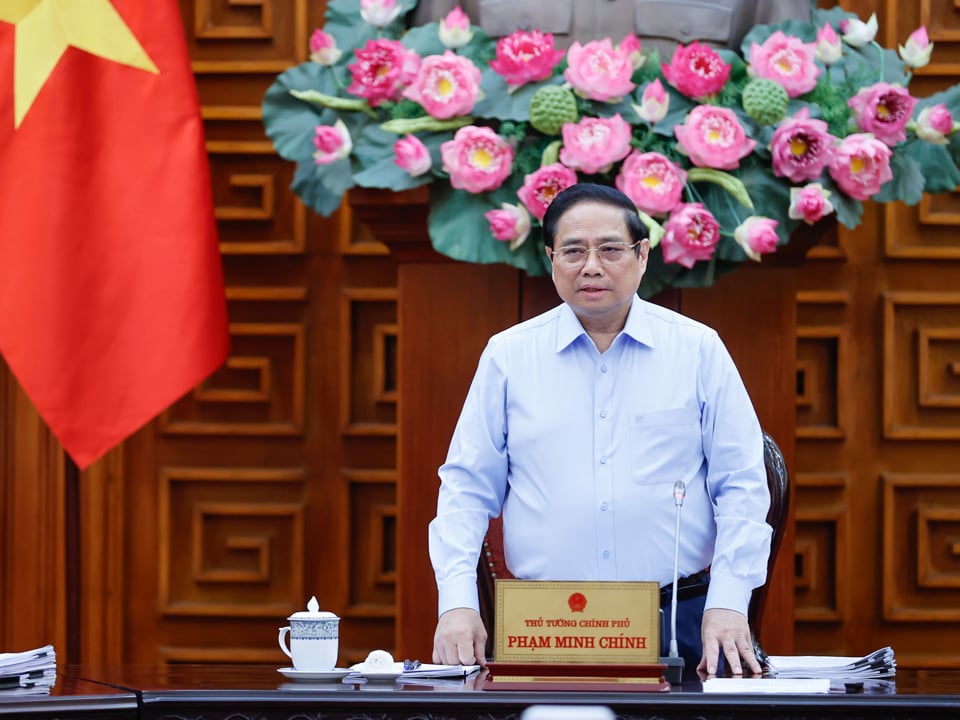
Also attending the meeting were Deputy Prime Minister Tran Hong Ha, Deputy Prime Minister Le Thanh Long, ministers, leaders of ministries, branches and agencies under the Government.
The meeting discussed and gave opinions on the Draft Law on Teachers (chaired by the Ministry of Education and Training); the Draft Law on Digital Technology Industry (chaired by the Ministry of Information and Communications); and the Draft Law on amending and supplementing a number of articles of the Law on Officers of the Vietnam People's Army (chaired by the Ministry of National Defense).
Since the beginning of the term, the Government has been very determined and resolute in implementing the construction and improvement of institutions, one of the three strategic breakthroughs; continuously meeting, directing and establishing a Steering Committee to review and handle problems in the system of legal documents, thereby contributing to removing difficulties, reducing administrative procedures, and reducing compliance costs for people and businesses.
After listening to the reports, opinions of the delegates, and conclusions on the contents, Prime Minister Pham Minh Chinh welcomed and highly appreciated the ministries in charge of summarizing and evaluating practices, presiding over and coordinating with ministries, branches and localities, collecting opinions from relevant agencies, individuals, organizations, and affected subjects, synthesizing opinions, and developing draft laws.
Along with giving opinions on specific contents, the Prime Minister emphasized a number of major guiding viewpoints and orientations in the process of drafting laws.
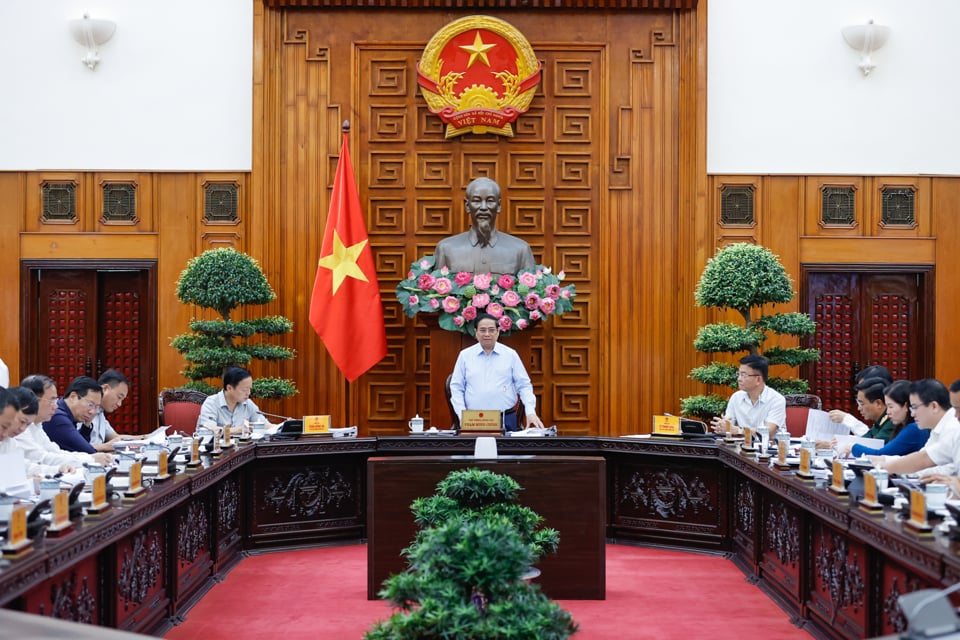
Regarding the draft Law on Digital Technology Industry, Prime Minister Pham Minh Chinh requested to closely follow, fully institutionalize, and synchronize the resolutions and conclusions of the Central Committee and the resolutions of the National Assembly and the Government on contents related to the development of digital technology industry, including Resolution 29 of the Central Committee and Plan 13 of the Politburo on continuing to promote industrialization and modernization of the country, Resolution 52 of the Politburo on a number of guidelines and policies to proactively participate in the Fourth Industrial Revolution, Resolution 23 of the Politburo on orientations for building national industrial development policies.
Stating that the scope of legal adjustment needs to have a focus and key points, the Prime Minister requested that it is necessary to continue perfecting relevant regulations on the digital technology industry, inheriting current regulations that have been proven in practice and applied effectively; supplementing regulations to handle legal shortcomings and problems, especially issues arising in the practice of digital technology management and development in recent times; reviewing and ensuring consistency and consistency with relevant legal regulations.
In particular, it is necessary to clearly stipulate the authority to review and approve the controlled testing mechanism for digital technology products and services in accordance with the policy of decentralization and delegation of power; to promote the responsibility of agencies and individuals with the authority to permit testing and of organizations and enterprises participating in testing; to encourage and protect those who dare to think, dare to do, dare to innovate for the common good.
Along with that, there are preferential policies to attract talents in the field of digital technology. There are tools to promptly handle emerging issues, research some contents of decentralization for the Government to regulate to ensure flexible adjustments in accordance with the rapidly changing situation. The Prime Minister also gave his opinion on proposed policies related to crypto assets; promote and encourage development but must be able to manage the fields of artificial intelligence, cloud computing, etc.
Regarding the draft Law on Teachers, the Prime Minister emphasized the requirement to closely follow Resolution 29 of the Central Committee on fundamental and comprehensive innovation in education and training and Conclusion 91 of the Politburo on continuing to implement Resolution 29; have a roadmap and appropriate steps that are feasible in practice and ensure resources for implementation.
State agencies focus on performing state management tasks (developing strategies, plans, schemes, institutions, policy mechanisms, legal corridors, standards, criteria, tools for monitoring, inspection, rewards, and discipline), reducing direct work on specific tasks.
Inheriting regulations that are still suitable and have positive impacts in current civil servant laws, continuing to do better, not causing unnecessary disruption; carefully assessing the impacts of policies that still have many different opinions and may generate additional administrative procedures and compliance costs in practice.
The Prime Minister emphasized the viewpoint that what is ripe, clear, proven to be correct in practice, effectively implemented, and agreed by the majority should continue to be implemented and legalized; for new, immature, unclear, and unregulated issues, boldly pilot them, learn from experience as you go, and gradually expand, without perfectionism or haste.
The Prime Minister said that it is necessary to amend and supplement specific policies for teachers to develop and improve the capacity and quality of teachers to meet the requirements in the new context, especially the 4th industrial revolution; attract talented people to the education sector, those who are dedicated to working in remote areas, border areas, islands...; have specific policies suitable for teachers at each level (preschool, primary school, secondary school, university...)
Promote decentralization and maximum delegation of authority in education management for teachers at the grassroots level, along with resource allocation, improving implementation capacity, clearly defining the responsibilities of each agency and level, and designing tools to strengthen monitoring, inspection, and control of power; enhance public-private partnership in teacher training; facilitate teachers to practice within the legal framework. Minimize administrative procedures, eliminate the request-grant mechanism, reduce compliance costs, and inconvenience for people, businesses, organizations, and teachers.
Regarding the draft Law amending and supplementing a number of articles of the Law on Officers of the Vietnam People's Army, the Prime Minister requested institutionalizing the Party's guidelines and policies and the State's policies on building the Vietnam People's Army, including building the officer team; amending and supplementing regulations to overcome difficulties and inadequacies, ensuring compliance with reality.
Closely follow and clearly demonstrate the policies approved by the Government for the proposal to develop laws; review and ensure consistency and consistency with relevant legal regulations (Housing Law, Land Law, Planning Law, Labor Code...); ensure the rationality, feasibility and effectiveness of the regulations.
The Prime Minister noted a number of policy contents such as retirement age for male and female officers, social housing for armed forces, etc.
The Prime Minister requested to actively consult experts and scientists; promote policy communication to create high consensus; and effectively coordinate with relevant ministries, branches and agencies in the process of drafting and completing the draft law.
Assigning Deputy Prime Ministers to directly direct the drafting of laws, the Prime Minister requested the presiding agencies to fully synthesize opinions from relevant agencies and organizations, absorb valid comments, and promptly complete the draft law dossier in accordance with the provisions of the Law on Promulgation of Legal Documents to submit to the Government at the August 2024 legal thematic meeting, and submit to the National Assembly for consideration and decision, ensuring progress and quality.
Source: https://kinhtedothi.vn/can-quy-dinh-ro-ve-tham-quyen-chap-thuan-co-che-thu-nghiem-co-kiem-soat.html


![[Photo] Prime Minister Pham Minh Chinh receives Country Director of the World Bank Regional Office for Vietnam, Laos, Cambodia](https://vphoto.vietnam.vn/thumb/1200x675/vietnam/resource/IMAGE/2025/5/15/2c7898852fa74a67a7d39e601e287d48)




![[Photo] National Assembly Chairman Tran Thanh Man meets with Thai Prime Minister Paetongtarn Shinawatra](https://vphoto.vietnam.vn/thumb/1200x675/vietnam/resource/IMAGE/2025/5/15/e71160b1572a457395f2816d84a18b45)
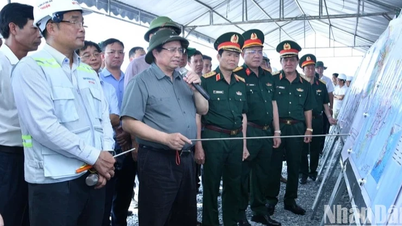

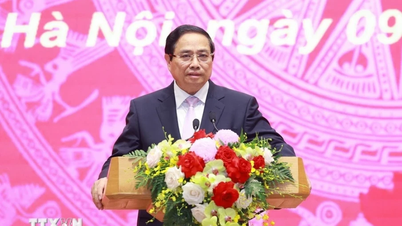
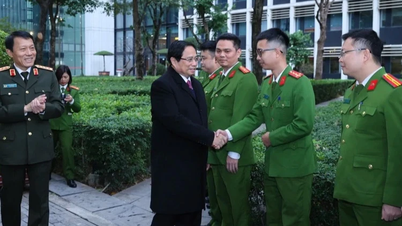
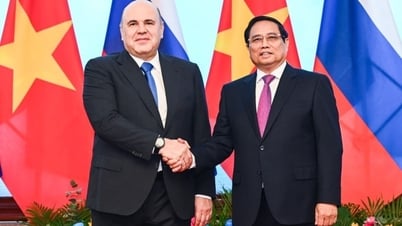

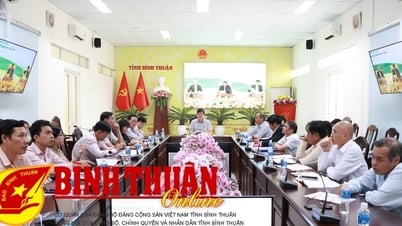


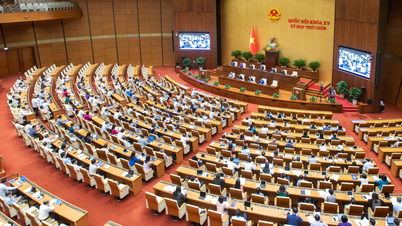

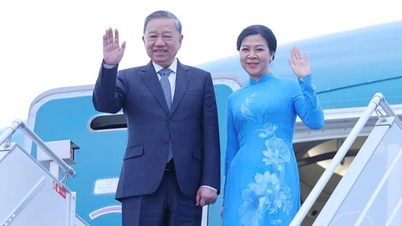



















































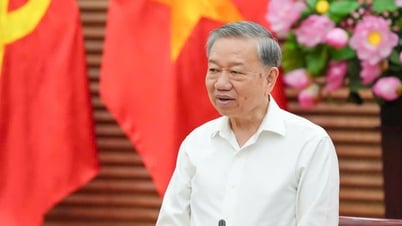


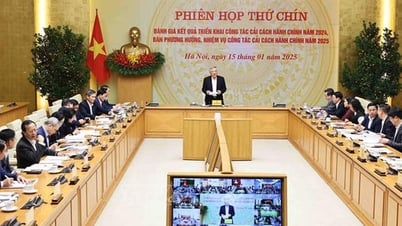
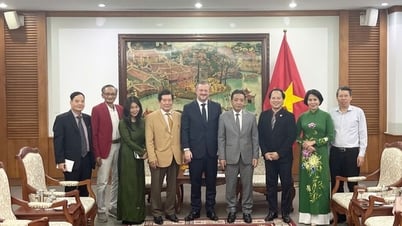
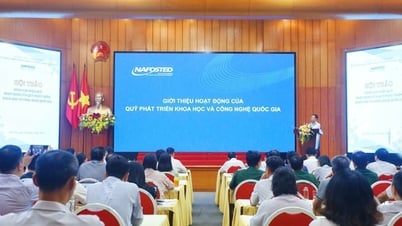

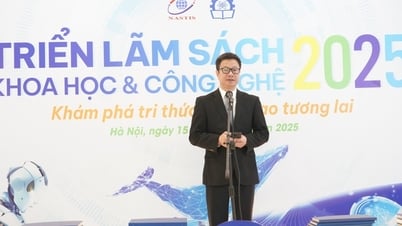
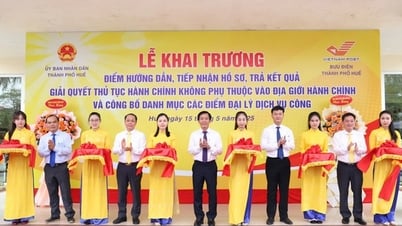
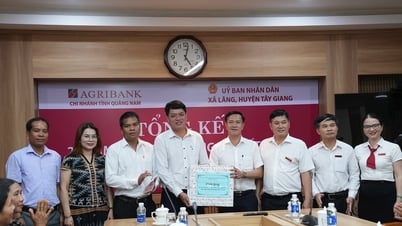



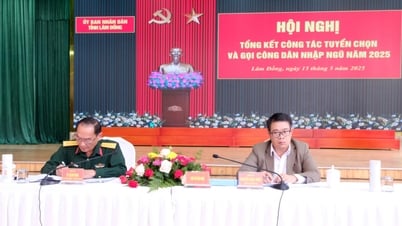
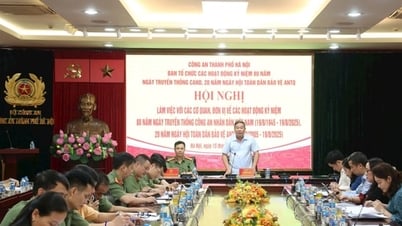
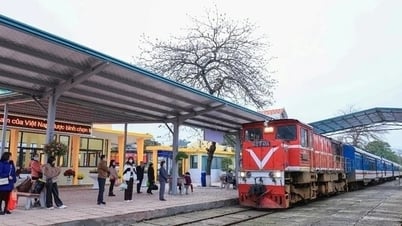









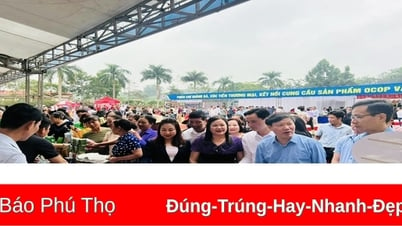


Comment (0)